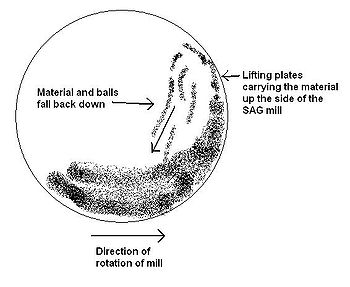

Will you tell me whether you include itching and scratching, provided you have enough of them and pass your life in scratching, in your notion of happiness?… What if the scratching were not confined to the head? I would have you consider… whether the life of a catamite is not terrible, foul, or miserable? Or would you venture to say, that they too are happy, if they only get enough of what they want? Consider whether pleasure, from whatever source derived, is the Good for if this be true, then the disagreeable consequences which have been darkly intimated must follow… ~Gorgias How could he not have noticed? Admittedly, the first and most obvious objection is put rather sharply by Socrates in the Gorgias rather than the Protagoras: Problems that Socrates had laid bare so handily in the Protagoras. Given this admission, it’s profoundly difficult to believe that Mill was unable to see the obvious problems with this doctrine. The medical art is proved to be good, by its conducing to health but how is it possible to prove that health is good?… The art of music is good, for the reason, among others, that it produces pleasure but what proof is possible to give, that pleasure is good? By happiness is intended pleasure, and the absence of pain by unhappiness, pain and the deprivation of pleasure…Ĭuriously, Mill admits just a few pages earlier that he has no justification for his equation of pleasure with The Good: The creed which accepts as the foundation of morals, Utility, or the Greatest Happiness Principle, holds that actions are right in proportion as they tend to promote happiness, wrong as they tend to produce the reverse of happiness. I wouldn’t put it past Mill (or Bentham, for that matter) to be somewhat lacking in the capacity for contextual subtlety, given the enthusiasm with which they embraced a view of human nature utterly devoid of anything like it. If Mill had read the dialogue, then perhaps the problem is that he was missing a layer of ironic sarcasm in his interpretation.


The reason is, because having read that dialogue and the Gorgias many times, it makes no sense to me that Mill would be claiming that it was Socrates that was advocating for the pleasure principle, as against Protagoras. I wonder, sometimes, if Mill had ever actually read the Protagoras. …after more than two thousand years the same discussions continue, philosophers are still ranged under the same contending banners, and neither thinkers nor mankind at large seem nearer to being unanimous on the subject, than when the youth Socrates listened to the old Protagoras, and asserted… the theory of utilitarianism against the popular morality of the so-called sophist… ~John Stuart Mill, Utilitarianism


 0 kommentar(er)
0 kommentar(er)
